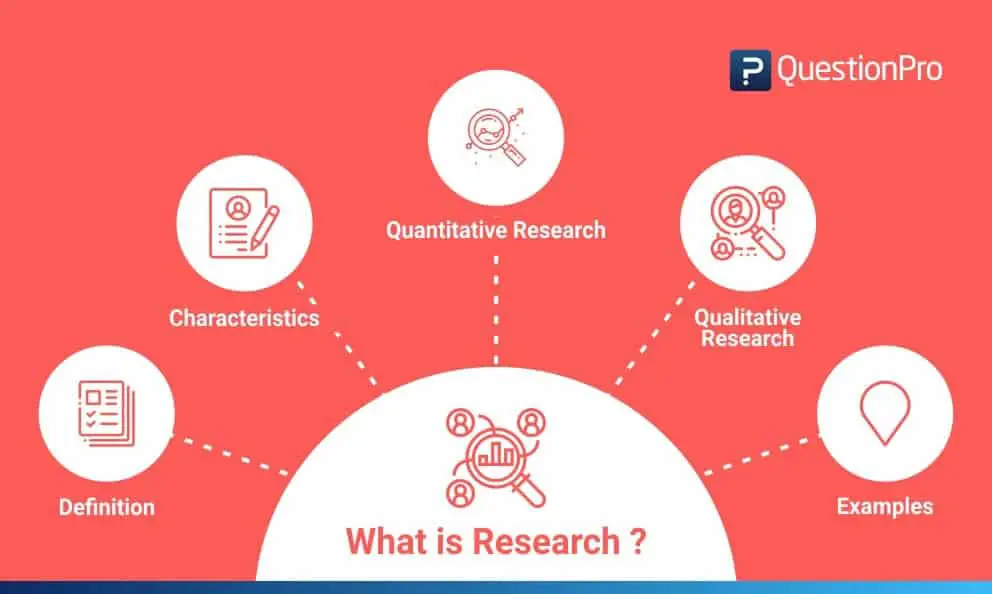Table of Contents
Professional and Research Degree (Requirements and Differences)
By Rukhshanda Jabeen Syed
Students at the time of planning career have to make important decisions beforehand. These decisions will help them greatly in achieving their goal and later on in their success. There are multiple factors that play important roles in making a choice for a career. Some are dedicated to students’ psychological, motivational, academic, financial needs, and sometimes social needs. Motivations are driven by and driving the informational aspect as well.
Students urge to know about the discipline before the time and having a clear orientation is also driving them to make the right choice. An analysis is being produced here for the educational degrees, types, their requirements and difference found among them.

How we define research?
Professional master’s degrees prepare a person to do professional work by introducing practical skills and frameworks for understanding issues in their field. Professional master’s degrees may also qualify a person to practice in their field (Master of Social Work, Master of Architecture, or Master of Art in Teaching, Engineering, Medicine, Law, Fashion Designing, Business Administration, for example).
Moreover, there are some diplomas that endorse professional degrees and get the students into practical job fields. Whereas a research degree comprises courses that are basic in nature and in some cases the practical research project is required to fulfill that degree. The degrees like Masters of Philosophy or Doctorate of Philosophy are research degree incomplete sense. These include the definite time period and practical tasks related to research only. There are some honorary graduation degrees as well that include mini-research projects in specialization courses but that does not make a degree research one.
The scope of jobs related to a research degree is somewhat different than the ones for a professional degree. As education and field exposure affects students differently, making and changing students’ perspectives and priorities as well. A Ph.D. is first and foremost a research degree that is intensely focused on both scholarly and professional development. In contrast, a professional degree focuses more specifically on skills and knowledge necessary for the success of a particular profession, without as intense of a focus on research and other scholarly work.
To join any educational class it is necessary to first get updated about the requirements of the course that makes the student stand eligible to get admission to that course. The base rate matters a lot and it explains the educational background a student has, the type of previous degrees, and the percentages scored in academic exams. The institute or university in which admission is being opted for might give a written test for aspirants. This test is given for two purposes; one, to establish the achievement status of students for admission and to predict a hit rate for the success in future exams of that degree.
Depending on both on the students’ professional field and their educational goals, they may have to choose between a professional degree program and a research degree program. Firstly, they must determine what their career goals are, and which degree is most helpful to them. they can find out more about the requirements in their field by doing some basic internet research, asking admissions staff at universities or colleges, and even conducting informational interviews with professionals.
If any student is unsure right now what his or her ultimate goal is, he or she has at least a couple of choices:
- Get time to better discover and define career goals first.
- One may start a professional or master’s program and later choose to go on to the research or Ph.D. program.
- In another scenario altogether, the master’s degree in that field may be terminal—a higher degree may not exist. In this case, one doesn’t have to decide whether or not to go on to a Ph.D. It’s still wise to make career goals explicit (at least to one’s own self) in deciding whether or not to go to university.
Conclusively it can be said that knowing professional goals will help guide your choices for graduate study. Certain career paths, such as becoming a public defender or a medical doctor, are very clearly marked with the necessary steps, including the required educational level and graduate degree. Other career paths are less regular and therefore require more investigation and discovery on students’ part. Thoroughly researching the field of interest and having a strong understanding of the skills and knowledge students want and need from their education will inform which degree options make the most sense for your goals.
Information:
The purpose of our website is only to help students to assist them in finding the best suitable instrument for their research especially in Pakistan where students waste a lot of time in search of the instruments. It is totally free of cost and only for creating awareness and assisting students and researchers for good researches. Moreover, it is necessary for you to take the permission of scales from their representative authors before use because copyrights are reserved by the respected authors.
Help Us Improve This Article
Did you find an inaccuracy? We work hard to provide accurate and scientifically reliable information. If you have found an error of any kind, please let us know.
Add comment. we appropriate your effort.
If you have any scale or any material related to psychology kindly share it with us at psychologyroots@gmail.com. We help others on behalf of you.
Follow